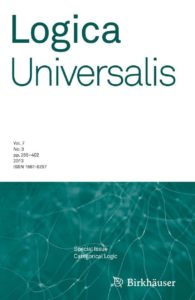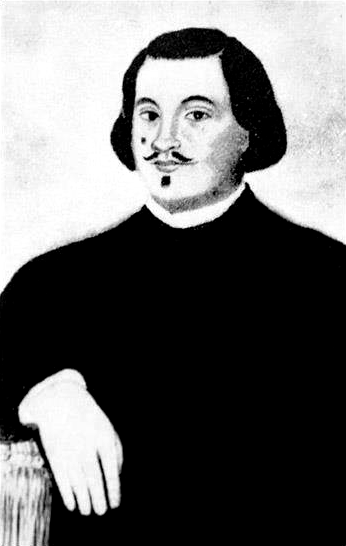Peruvian Logic Prize 2025
Submission deadline: Thursday 31 July 2025
Planned date for the announcement of results: Early September
Luis F. Bartolo Alegre (LMU München)
We will reveal the members of the jury when the results of the prize are announced.
TBA
premio-logica@seplo.org
We call on all persons dedicated to logic and affiliated to any Peruvian academic institution to compete in Peruvian Logic Prize 2025 ‘Juan de Espinosa Medrano‘.
The prize is awarded to the best unpublished article (8000 words) written in any area of logic, including, but not limited to:
Propositional logic
Logical algebra
Model theory
Applied logic
Informal logic
Argumentation theory
- Non-classical logics
- Logic of science
- Philosophy of logic
- Logic didactics
- History of logic
- Logical analysis of language

Participants must submit an unpublished paper written in Spanish or English.
The prize, in addition to being an honour, will finance the winner’s participation in the UNILOG 2025 congress (Cusco, Peru) to present the paper, and its possible publication in the journal Logica Universalis, indexed in Scopus.
The winning article will also compete for the Universal Logic Prize against the winning papers of the other regional logic awards promoted by the project A Prize of Logic in Every Country, of the Logica Universalis Association.
The article must comply with the contest rules, which can be accessed via the link below. It must, primarily, be submitted prepared for blind review; that is, any indication of the author’s identity, including name, affiliation, email address, etc., must be removed.
For the present edition of the prize, contestants must send their paper through the form linked below by 31 July 2025.
If you don't have one, please contact us at premio-logica@seplo.org

This second edition of the prize pays tribute to Juan de Espinosa Medrano (1629–1688), regarded as the first Peruvian philosopher of Indigenous origin to write a treatise on philosophy and logic in South America: Philosophia Thomistica (Rome, c. 1688), written in Latin. Espinosa Medrano was also a literary critic, playwrighter, and professor, educated at the Seminary of San Antonio Abad, an institution that would later become the National University of San Antonio Abad of Cusco (UNSAAC).
